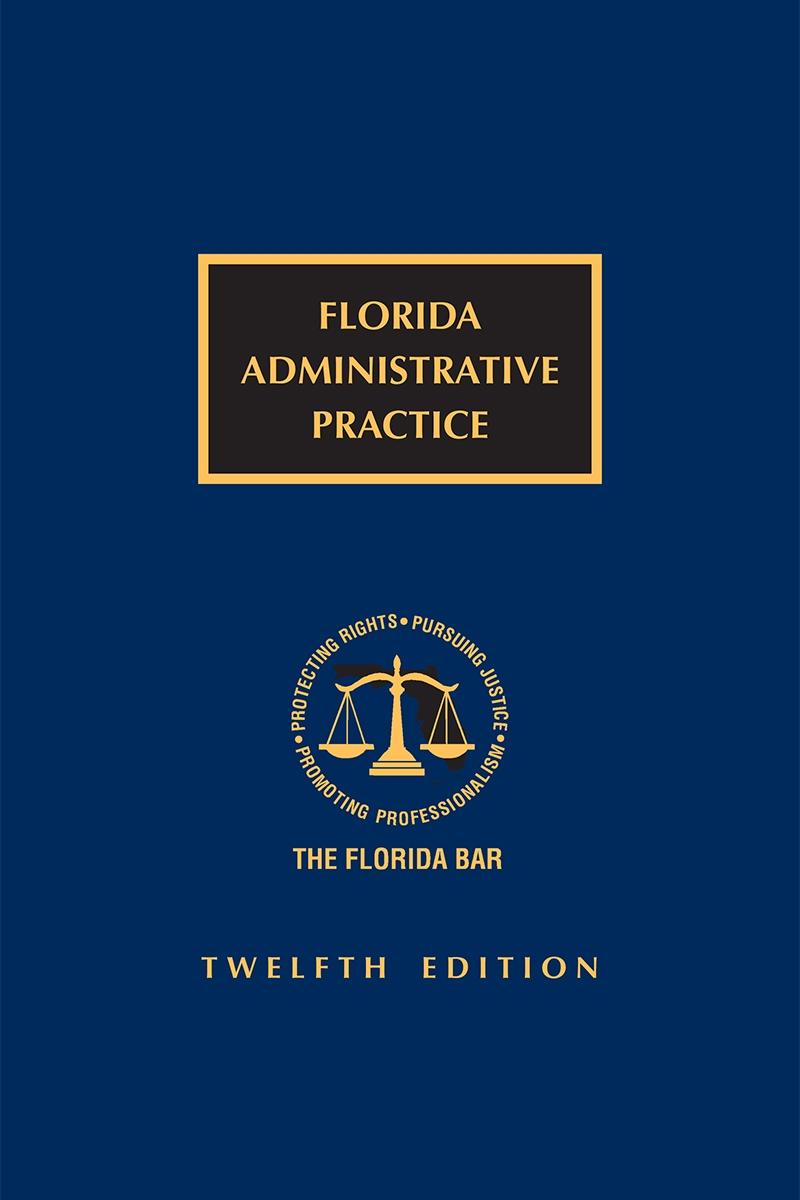Administrative law concerns the powers and procedures of government agencies, including the rules and administrative decisions that agencies issue.
As a general matter, the legislative branch of government (for example, the Florida Legislature) enacts laws and the executive branch (headed by the Florida Governor at the state level) carries out the laws. Most government agencies fit under the executive branch.
The legislature, through "enabling legislation," creates agencies and delegates power to them to create and enforce rules in a defined area. These rules are sometimes referred to as regulations.
Agencies follow a structured process to create rules. Typically, the agency publishes a proposed rule and then there is a period of time for public comment, after which, the agency may make changes to the draft rule. Any changes are also published for public comment, and the process may take several rounds before a final rule emerges. Sometimes an agency holds public hearings or workshops to solicit comments on proposed rules from interested persons.
In Florida, proposed rules are published in the Florida Administrative Register (FAR), a daily publication. Issues of the FAR and its predecessor publication, the Florida Administrative Weekly, are available and searchable online at www.flrules.org as far back as 1999. Finalized rules are published in the Florida Administrative Code (FAC), which consists of 74 titles, organized by agency, and is updated as new rules are added and old ones are amended or even repealed. The official FAC, updated weekly, is online and searchable at www.flrules.org.
Once rules are in place, an agency is responsible for enforcing them. That means the agency may bring enforcement actions against a party alleged to have violated the rules. Like rulemaking, enforcement actions follow a structured process. You can find many agency orders and opinions using the following resources.
There is no single, comprehensive compilation of all agency orders and opinions for the state of Florida. For additional information about finding orders and opinions, see the Finding FL Administrative Orders & Opinions page in this research guide.
Chapter 120 of the Florida Statutes is the Administrative Procedure Act, which provides comprehensive and standardized administrative procedures applicable to all Florida executive branch agency actions. The full text of the Florida Administrative Procedure Act can be found online at the official website of the Florida Legislature, Online Sunshine.
The following resources provide helpful information about the Florida Administrative Procedure Act and, more generally, administrative law practice in the state of Florida:

 Florida Administrative Practice
by
Florida Bar
Florida Administrative Practice
by
Florida Bar
The JAPC is a joint standing committee of the Florida Legislature, comprised of 5 senators (appointed by the President of the Senate) and 7 representatives (appointed by the Speaker of the House of Representatives). The JAPC reviews agency actions, especially rulemaking, to ensure that the actions do not overstep the authority granted to the agency by the Legislature. The JAPC reviews new legislation to determine what effects it will have on agencies, and it monitors court rulings involving administrative law and advises agencies of any impacts on their authority or existing rules. More information about the JAPC may be found on their website at https://www.japc.state.fl.us/Pages/index.aspx.
The JAPC prepares annual reports, which can be found on the Committee's website at www.japc.state.fl.us/Pages/Publications.aspx, that include statistics on the volume of proposed rules, broken down by agency.
University of Florida Levin College of Law
309 Village Drive
PO Box 117620
Gainesville, FL 32611
(352) 273-0804
Text-Only Version